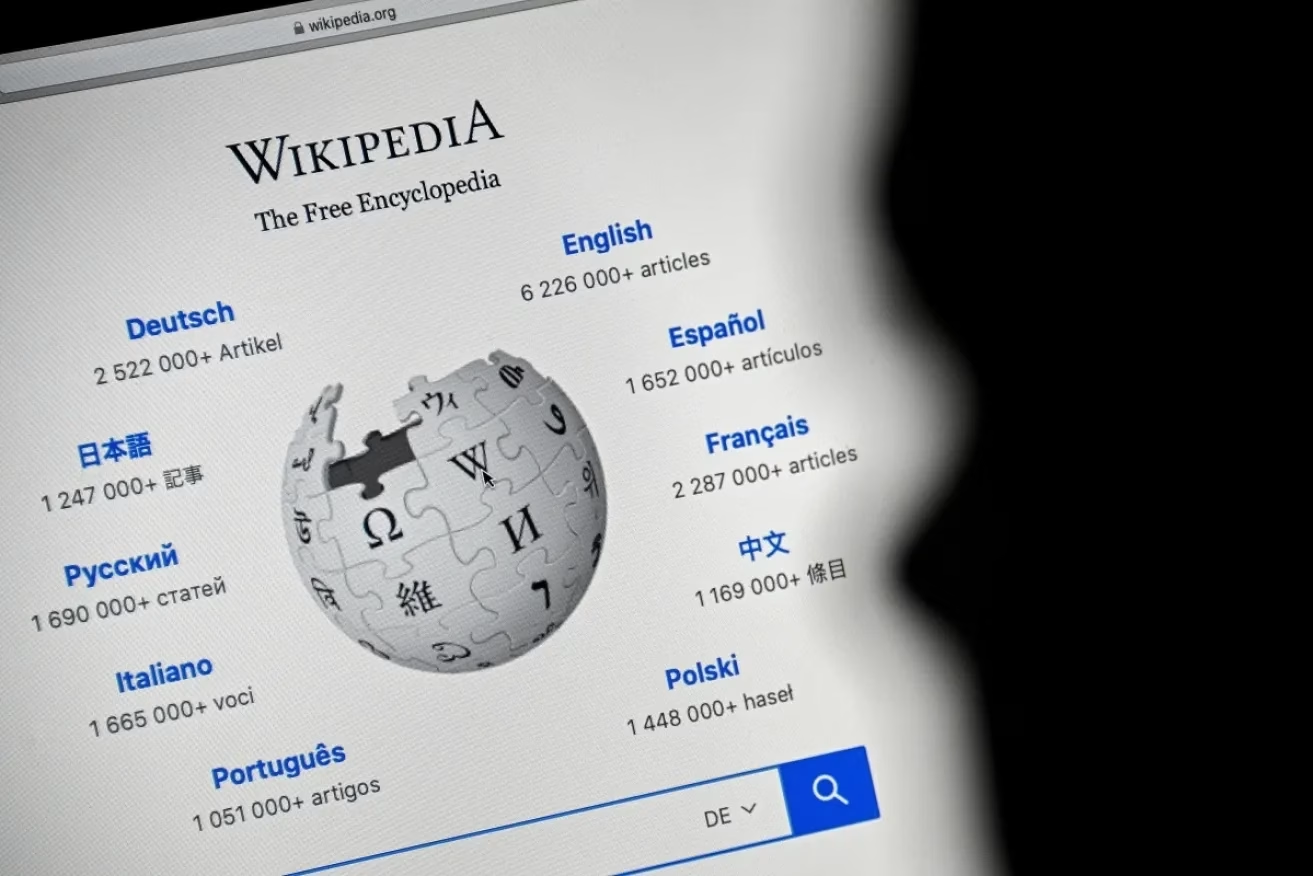Project aims to streamline data for AI models, fostering innovation.

The sheer volume of data Wikipedia contains—over 6.8 million articles in English alone and editions in more than 300 languages—makes it an indispensable resource for training AI. However, historically, accessing and processing this data has presented considerable hurdles. Technical complexities, licensing nuances, and the sheer scale of raw information often made it a cumbersome undertaking. This new database, however, offers a curated, machine-readable format, pre-processed and optimized for AI workflows, effectively removing many of those long-standing barriers.
At its core, this project tackles the practical challenges of data ingestion for AI. The database is engineered to extract key information like abstracts, infoboxes, and entity links directly. This means large language models (LLMs) from major players like OpenAI and Google DeepMind can more readily absorb factual summaries without requiring extensive, time-consuming data cleaning. It’s like giving AI a perfectly organized library instead of a chaotic pile of books.
Furthermore, the initiative places a strong emphasis on multilingual support, a crucial aspect given the global ambitions of AI development. Enhanced access to high-value language editions, including Spanish, Arabic, and Hindi, is a key feature. This focus is particularly important for fostering AI innovation in regions that have historically been underserved in terms of readily available, high-quality training data.
Ethical considerations have also been woven into the fabric of this project. Developed in collaboration with the Wikimedia Foundation, the database strictly adheres to Creative Commons licensing (CC BY-SA 4.0). This ensures proper attribution to Wikipedia's editors and contributors, a vital step in maintaining the integrity and spirit of open knowledge. It’s a smart move, especially considering the growing concerns about data provenance and potential biases in AI systems, as highlighted by recent studies.
The timing of this database's release couldn't be more pertinent. Reports from earlier this year indicated that Wikipedia data constitutes a significant portion—up to 26%—of references in leading AI models, making it a foundational pillar for AI knowledge. Yet, this reliance has also led to practical issues, such as bandwidth strains on Wikipedia's servers due to the sheer volume of AI-driven data requests. Some reports even mentioned a substantial spike in multimedia downloads by AI crawlers, which could potentially slow down access for human users.
This new database offers a "clean feed" alternative to traditional web scraping, potentially alleviating server load and ensuring a more stable experience for everyone. It’s a proactive step that addresses ethical debates surrounding the sustainable use of open-source data by commercial AI entities. Instead of just being a passive resource, Wikipedia is positioning itself as a collaborative partner in AI's evolution, a stark contrast to earlier, more defensive strategies like blocking unauthorized bots. This approach differentiates it from proprietary datasets, focusing instead on verifiable, community-vetted information.
The announcement has already generated considerable buzz within the AI and open-source communities. Social media platforms are alive with discussions, with many hailing the database as a significant boon for open AI development. Data scientists are particularly praising the inclusion of formats compatible with common AI training pipelines, like PySpark exports.
There's a palpable sense of optimism about the potential for this resource to combat biases in AI models. By providing more structured and diverse data, the hope is that AI outputs will become more balanced and representative. However, some users express cautious optimism, with lingering concerns about potential commercial exploitation or the acceleration of AI-generated edits on Wikipedia itself. Still, the prevailing sentiment seems to be one of excitement for the possibilities it unlocks.
The broader implications are far-reaching. Democratizing access to such a rich knowledge base could significantly accelerate AI applications across various sectors, from education and healthcare to scientific research. Imagine LLMs that can provide more accurate, precisely cited answers to complex questions, or AI tools that are more equitable and inclusive.
Of course, challenges remain. Keeping the database synchronized with Wikipedia's constant stream of edits—over a thousand per minute—will be an ongoing effort. But this initiative clearly signals a maturing relationship between AI development and open knowledge platforms, moving towards a more symbiotic and mutually beneficial future. It's not just about making data accessible; it's about ensuring Wikipedia's enduring relevance and contribution in the age of artificial intelligence.